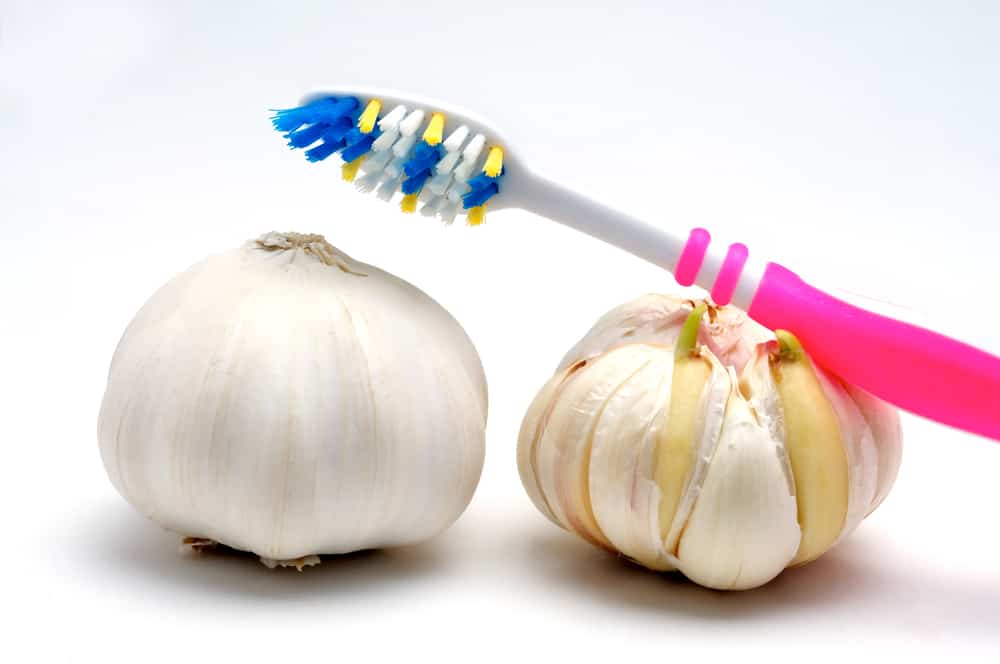Contents:
- Medical Video: Life shift: The Emotional Side of Cancer for a Young Adult
- Surprised and shocked
- How do you deal with shock?
- Do not believe and reject the diagnosis
- How do you overcome disbelief and rejection?
- Anxiety and fear
- How to overcome fear?
- Guilty feeling
- How do you deal with guilt?
- Sadness and depression
- How to deal with sadness and depression?
- Angry
- How to deal with anger?
Medical Video: Life shift: The Emotional Side of Cancer for a Young Adult
Hearing that your child has cancer has never been easier. This can be very stressful and will most likely affect the whole family. If you are a parent and your child is diagnosed with liver cancer, you may feel a lot of emotions. To help you sort out your feelings, here are some reactions and tips from parents who have gone through the same situation.
Surprised and shocked
Shock is the first reaction in most parents, they say. Shock is characterized by various feelings. You may feel numb at first and don't know what to feel. Or you might feel confused and have many questions in your mind. No one is ever ready to hear that their child has cancer. It is normal to feel shocked even when you feel you are not in control.
How do you deal with shock?
First of all, you must remember that the feeling of shock is normal and will pass. The best way to deal with this feeling is to talk and know that you have support from the people you love. Approach and talk with your partner, family, friends, doctor or nurse about your feelings. You will realize that your emotions will be easier to manage after you talk to them.
During a doctor's visit, you may find it difficult to focus and remember all important instructions. It might be a good idea to ask a family member or friend to come to accompany you and take notes. Don't be afraid to ask your doctor or medical staff to repeat information if you don't hear it at the beginning.
Do not believe and reject the diagnosis
You might think of many reasons to deny that your child has liver cancer. For example, feeling your child is always healthy or your child never shows signs of cancer, which makes you think that this diagnosis is a mistake. You might blame the reputation of the hospital and want to get a second opinion.
An initial feeling of distrust or rejection can help delay feelings of pain. However, don't let these feelings hinder the treatment of your child. Cancer can spread very quickly and after being diagnosed will soon need treatment.
How do you overcome disbelief and rejection?
To help you through disbelief and rejection, you can ask for a second opinion from another doctor. Don't feel you only need to listen to one doctor. Second opinion can help make your sense of rejection slowly disappear. Researching and checking information can help ensure a diagnosis and give your mind peace. Research can include basic information about liver cancer, how you can get liver cancer, treatment of liver cancer and how liver cancer is diagnosed. Through research, you can learn more about liver cancer to help you focus on getting the best care for your child.
Anxiety and fear
Everyone has a fear of cancer. It is normal to feel anxious and afraid when faced with events that you cannot control. You may be afraid of getting the worst results. Even though your doctor cannot promise your child will be 100% cured, rest assured that the doctor does everything possible to give your child the best treatment and care.
Your fear may not only affect cancer treatment in your child, but can also have an impact on life changes in your family. It is normal to feel unprepared for all these changes.
How to overcome fear?
The best thing you can do to overcome your fear is to get information and have open communication about fear and anxiety with your pediatrician and medical staff. You can learn strategies to reduce tension and share experiences from other parents who have children with cancer. It might help if you have control over the little things in your life or find strength from others when you regain your balance.
Guilty feeling
By accepting the fact that your child has liver cancer, you may begin to feel guilty. As a parent, you feel the most important task for you is to protect children from dangerous things. You may begin to question yourself and feel guilty about diagnosing your child's liver cancer. You may begin to question everything around you, such as whether the water supply is dangerous, whether the surrounding environment is unhealthy, what causes cancer, or whether the food your family eats is healthy.
Knowing the causes or risk factors for liver cancer can help, but you can never know for sure what the real cause is. One thing you should know is that it is not your fault.
If you feel guilty, you need to talk to someone about their concerns. It's important not to let your guilt distract you from the many tasks that you have to face when your child has cancer.
How do you deal with guilt?
The best way to overcome your guilt is to accept what you are. You must accept the fact that there is no possible way to prevent your child from developing liver cancer. You need to focus on the fact that your child needs support and strength to fight liver cancer. Talking with other parents who also have children with cancer, or your child's treatment team can help overcome this feeling. If you are worried about your home environment, you can make some changes to feel better.
Sadness and depression
It's natural to feel sad and depressed when you see your child sick. You may feel like your child no longer has a future or will not respond to treatment. Your sadness is a normal reaction, but you must not let it affect your health. Your sadness can quickly turn into depression. Signs that you can find are when you don't sleep, have no appetite, have no motivation or when you can no longer regulate your daily activities. When this happens, you must seek help.
How to deal with sadness and depression?
Talking about sadness can help but sometimes it can be difficult. You should try writing about your feelings. You can make a personal journal or write a letter to your loved ones. This is a great way to write your feelings in words. When that doesn't help, you can try to cry. This is not a sign that you are weak. Sometimes you can let go of sadness by crying in front of someone or even alone.
Getting support from your family, friends, work colleagues or psychologists can help. You can seek guidance from talking to other parents who go through the same situation. Caring for yourself is as important as taking care of your child. Pay attention to your own needs so you can help your child.
Angry
Another common reaction when your child is diagnosed with liver cancer is anger. Anger can be shown to doctors and medical staff or yourself, which can also affect the people around you. This is normal. This is caused by all the stress and other emotions that accumulate inside. It is important to realize that you are angry and avoid venturing or being unfriendly. The reality is that you are angry at the situation. And you will not help your child when angry. Your anger can interfere with the doctor's ability to treat your child.
How to deal with anger?
Just like facing other feelings, the first step is to accept anger. You need to know what makes you angry. Try to find healthy ways to express your anger. Again, speaking and writing will help a lot. You can try exercise to calm your mind and release tension, such as walking or yoga. Angry is not healthy. For your child's sake and your own health, you must accept that there is nothing to blame for liver cancer in your child.
Unfortunately, you will experience this feeling during your child's liver cancer treatment. You need to find a way to stay positive and adjust to changes in your life to maintain a quality of life both for yourself, your family and children.












